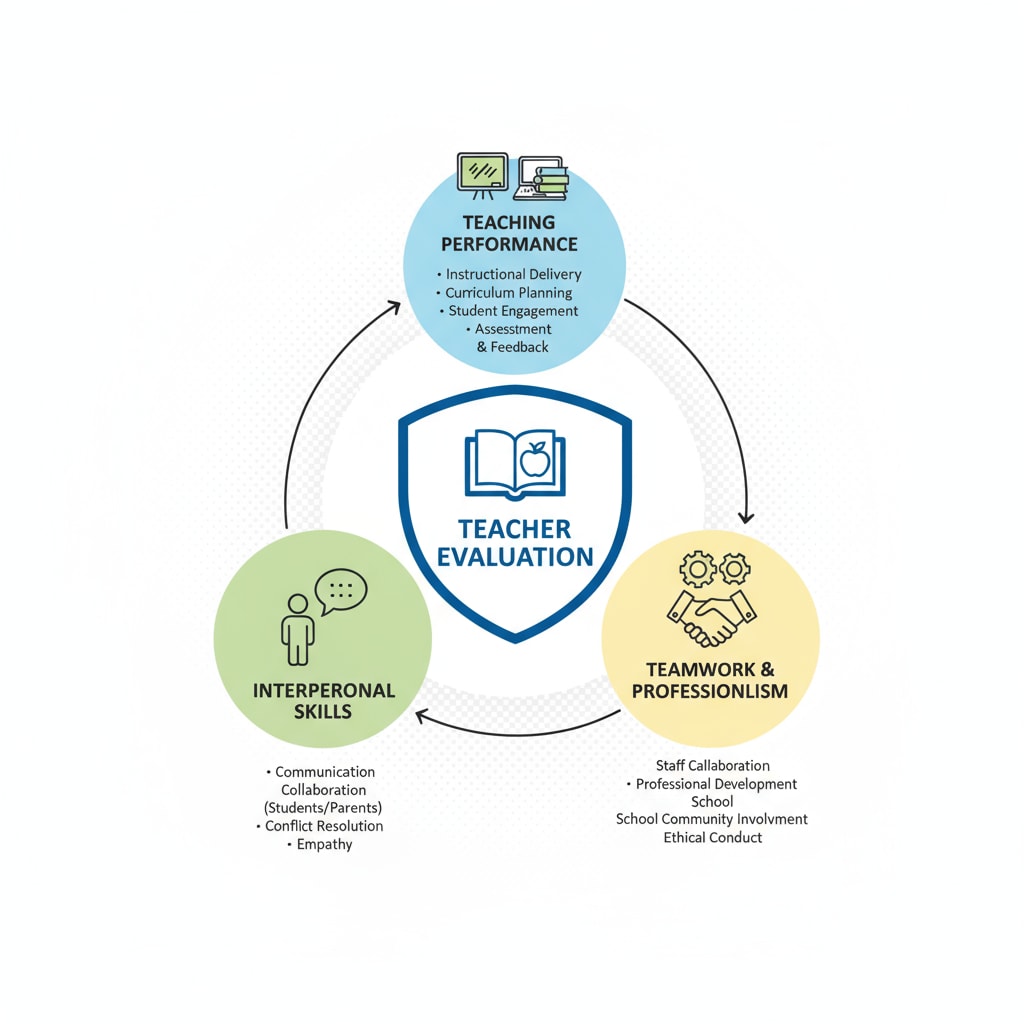In the realm of K12 education, school administrators often grapple with the intricate web of teacher conflicts, work environment, and management dilemmas. One particularly challenging scenario is when a teacher demonstrates outstanding teaching capabilities but has significant issues in interpersonal relationships. This situation poses a unique set of problems that require careful consideration and strategic management.

The Nature of the Problem
When a teacher is highly effective in the classroom, their contributions to student learning are undeniable. However, their poor interpersonal skills can create a toxic work environment. For example, constant arguments with colleagues, refusal to collaborate, or a negative attitude can erode team spirit. This not only affects the morale of the teaching staff but also has a potential impact on student performance in the long run. As National Education Association research shows, a positive work environment is crucial for overall educational success.
Evaluating Beyond Teaching Performance
School leaders need to adopt a multi-dimensional assessment system. While teaching effectiveness is important, it should not be the sole criterion. Interpersonal skills, teamwork, and communication should also be evaluated. For instance, peer reviews can provide valuable insights into a teacher’s behavior within the staff. Additionally, feedback from students and parents can offer a broader perspective. According to Britannica’s entry on educational evaluation, comprehensive evaluation helps in making informed decisions.

Once the problem is identified and evaluated, it’s time for action. School administrators can start by having a private and honest conversation with the teacher. Point out the issues and their impact on the work environment. Provide support, such as offering professional development opportunities in communication and conflict resolution. Creating a mentorship program where the teacher can learn from more experienced colleagues with good interpersonal skills can also be beneficial.
Readability guidance: In this article, we’ve explored the complex issues of teacher management dilemmas. By understanding the nature of the problem, evaluating teachers comprehensively, and taking appropriate action, school leaders can strive to create a harmonious work environment that benefits both teachers and students.


